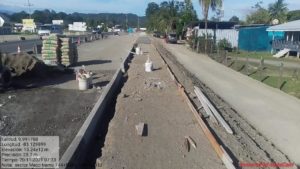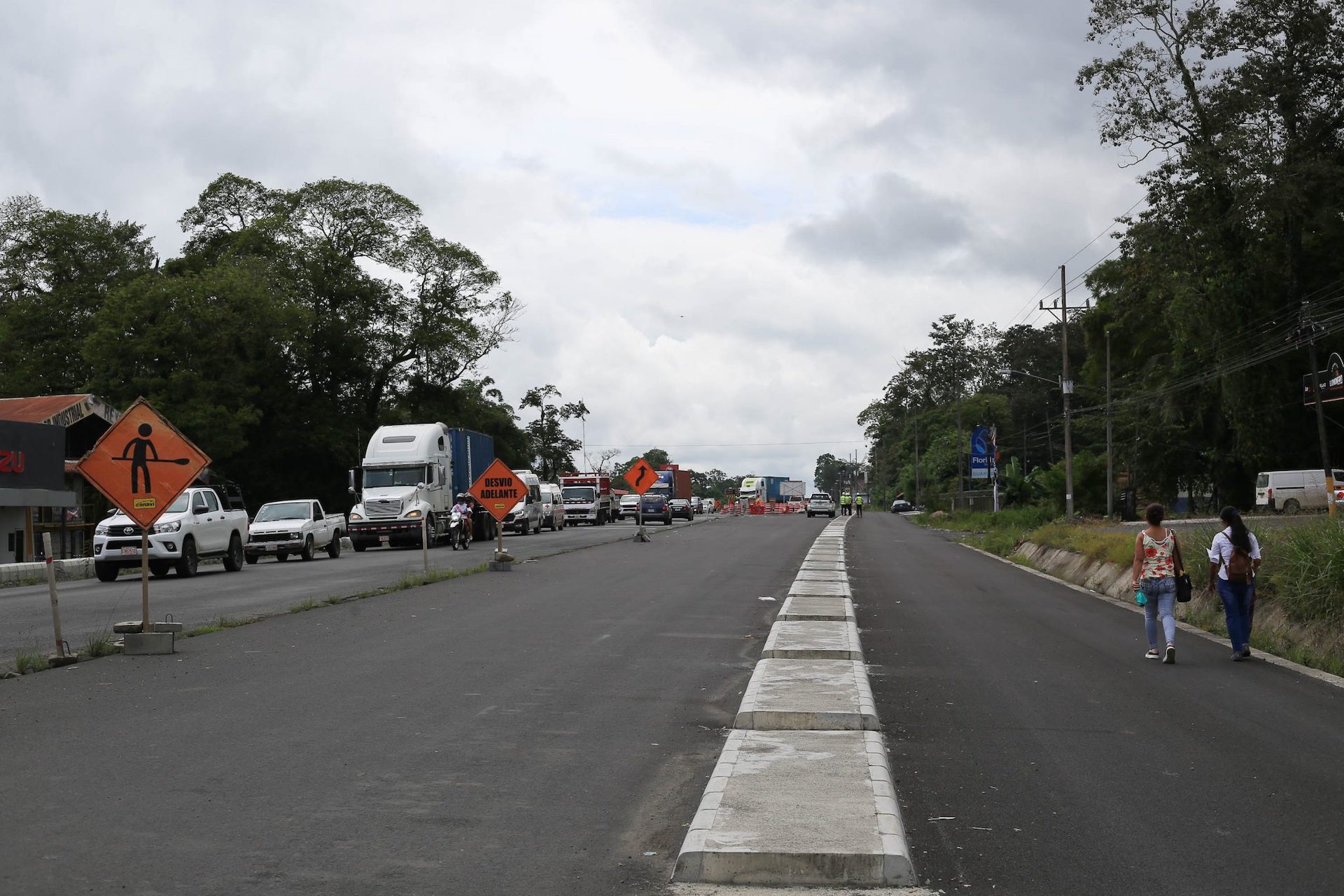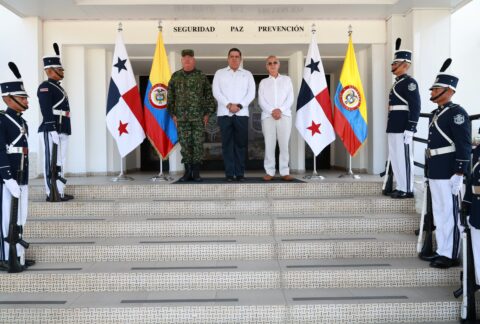China Harbour Engineering Company (CHEC), a subsidiary of China Communication Construction Group (CCCC), which has been involved in fraudulent practices in several countries, is carrying out design, rehabilitation, and expansion work on 107 kilometers of National Route 32 (Río Frío-Limón) in Costa Rica, creating challenges that threaten the country’s social, economic, and environmental balance.
“It’s a poorly designed project where an existing road is taken and expanded as a highway,” Costa Rica’s Public Works and Transportation Minister Luis Amador told Nuestra Voz de Radio Monumental on May 31. “All the townspeople along the road are going to have to cross a highway on foot, with the risks that it entails.”
The four-lane expansion, which connects the capital San José to the country’s main port in Limón, is financed with a 20-year, $396 million loan from China’s Eximbank and $69 million from the Costa Rican government, the road construction magazine Carreteras Pan-Americanas, reported.

“To make matters worse, the designs of complementary works such as pedestrian bridges are not even being done,” Amador said. “They are putting crosswalks at ground level [zebra crossings], which means that I, as a user, can try to cross the four-lane road, where cars come at 110 km/h or 120 km/h […]. We are going to massacre people.”
The project’s construction phase is about 40 percent behind schedule, the Presidency of the Republic said in an April 27 statement. CHEC was granted a new extension to complete the works by February 2023. The road project, which began in 2017, was due to end in October 2020, Costa Rican newspaper El Mundo reported.
“You start to dig a little bit and you realize that […] there was no international bidding; it was a contract on the basis that the loan was already conditionally. It was a very expensive loan for the country,” Minister Amador added. “A series of problems began from then on.”
The relationship
CCCC and its subsidiaries (such as CHEC), face accusations ranging from bribery and substandard construction to exploitation of workers, reported the U.S. Department of State publication ShareAmerica. CHEC promises new infrastructure to developing nations, but instead generates shoddy construction, unsustainable debt, and environmental damage, the online platform said.
In Bangladesh, CHEC paid commissions illegally. It was also accused of corruption in the construction of a port in Tanzania. In Brazil, it profited from the irregular sale of property titles for the construction of a huge port. In Panama, authorities found irregularities in the contract for the construction of a bridge, investigative journalism platform Diálogo Chino reported.
“[Costa Rica] is not very happy with CHEC’s work. It’s a company that has failed very badly in communicating with the public,” Mauricio Álvarez, professor at the University of Costa Rica and president of the Ecological Federation of Cost Rica, told Diálogo. “The locals have blocked the highway out of desperation on several occasions […] because the highway is going to isolate them from one side to the other.”
Biodiversity disaster
Costa Rican magazine Ambientico points out that the road crosses numerous forests, protected areas, vulnerable aquifer recharge areas, and a large number of water pipes of the Institute of Aqueducts and Sewers and of at least nine rural aqueduct administration associations, which will affect populations’ water supply.
“Not only is water at risk, but in just one year more than 1,000 wild animals were killed, ran over on Route 32,” Álvarez said. “However, this impact must be multiplied because the wildlife crossings that had been defined have not been built.”
The bullfrog, the three-toed sloth bear, or the armadillo are some of the species which survival is endangered every day with the widening of Route 32, reported Costa Rican newspaper El Independiente.
“In 12 months we will be able to have that road, but not with the protection measures for all users; I am not referring to drivers, I am referring to pedestrians and cyclists, to the people who are going to walk on those side roads along the highway,” Minister Amador said.









